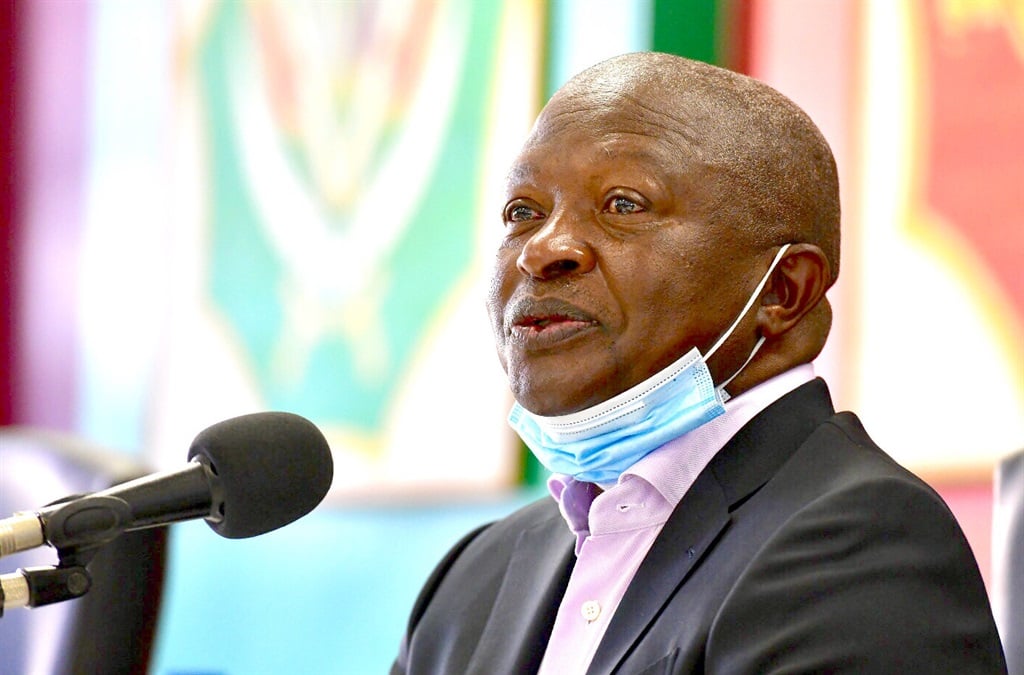
- David Mabuza says South Africa's municipal councils are unstable.
- According to Mabuza, this is mainly due to a lack of skills and capacity.
- He told the NCOP that political infighting causes huge problems in councils.
Deputy President David Mabuza believes it is "not the duty" of a prospective councillor to know how to use a computer before being elected to a council.
On Thursday, Mabuza answered questions in the National Council of Provinces (NCOP) following weeks of ANC campaigning for the municipal elections.
Mabuza was peppered with questions about the state of South Africa's municipalities, many of which are on the brink of complete collapse.
"It is not really the duty of a prospective councillor to know how to use a computer before he or she can become a councillor. The community will choose anyone who, according to them, is fit. It is also the responsibility of the very same council to ensure that councillors that are working in the municipality are fully capacitated," Mabuza said.
This was in response to DA MP Dennis Ryder's supplementary question about support for municipalities.
Deputy President @DDMabuza replies to questions in National Council of Provinces, #MabuzaQandA https://t.co/6UUq7LRu8Q
— Presidency | South Africa ???? (@PresidencyZA) November 18, 2021
Also, Mabuza said municipalities should put aside money to empower their councillors.
"Yes, it is also the responsibility of government to support these municipalities. It is also the responsibility of the minister of Cogta to support. We can only come in when there is a request made to the provincial and national government. Some of the failures we have witnessed are due to the lack of necessary skills and capacity from these councillors to do their work," he said.
In August, the Department of Cooperative Governance and Traditional Affairs reported to Parliament that 163 of the 257 local municipalities were under financial distress.
Budgets
Another major financial challenge is that 108 municipalities have unfunded budgets, which means these councils will not have enough money to meet their expenditure.
While 64 municipalities are considered dysfunctional, there are 29 which have been placed under administration in line with Section 139 of the Constitution.
Mabuza said while the NCOP has approved interventions, problems emerge once the interventions are lifted.
"The main challenge that is affecting our municipalities is leadership. If there is constant quibbling and fighting between the leadership, the mayor, the speaker and chief whip… these are very important people to ensure the business of council. Most of the time, this has been lacking and many leaders have been removed and replaced. Our local councils are not stable," he said.
He also said the government needs to support in upskilling councillors to do their work.
"Now, with the District Development Model, we can monitor what they do daily. The plans will involve national government and provincial, as well as councils. All of us will work together," Mabuza said.
